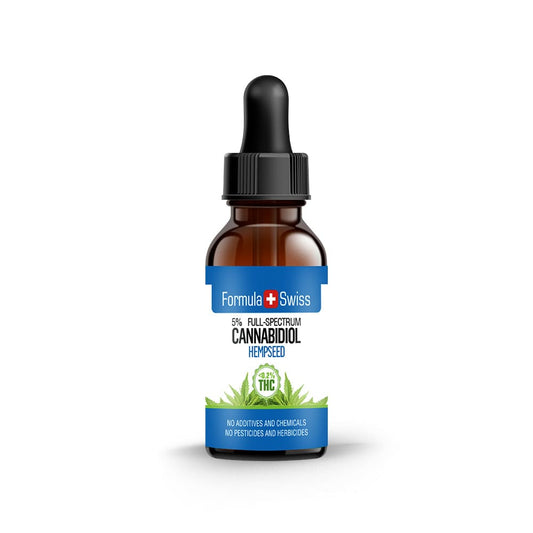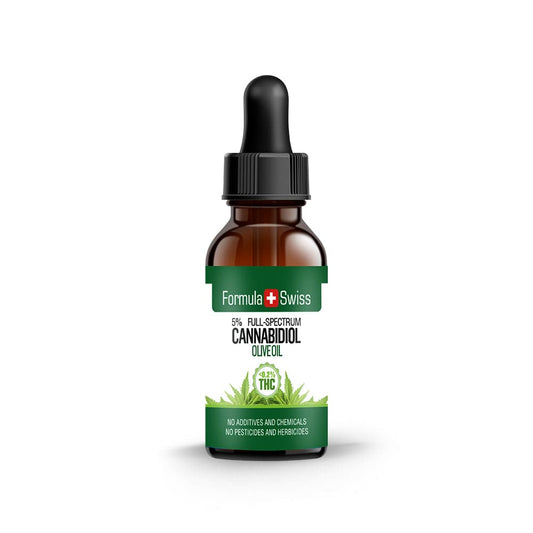Hemp's Impact on New Zealand Vineyards
A groundbreaking study in New Zealand has revealed that co-planting hemp with grapevines significantly enhances wine quality and improves vineyard soil health. This research, led by vintner Kirsty Harkness and viticulture researcher Mark Krasnow, marks a significant development in agricultural practices for vineyards.
Innovative Co-Planting Techniques
The study, conducted over three years, demonstrates that hemp serves as a viable cover crop in vineyards. Its ability to alleviate soil compaction and enrich the soil with organic matter offers promising benefits for wine production.
Unique Advantages of Hemp in Vineyards
Notably, hemp has shown to thrive in conditions where other cover crops have not, particularly in the Marlborough Wine Region's Sauvignon Blanc vineyards. Its deep tap roots not only reduce soil compaction but also aid in carbon sequestration, thereby enhancing soil health.
Enhancing Wine Quality
One of the most striking findings is hemp's contribution to wine quality. Grapes grown adjacent to hemp showed a higher quality, attributed to a greater population of native yeasts. This suggests a synergistic relationship between hemp and grapevines that could revolutionize traditional viticulture.
Long-Term Soil Health Benefits
The study also highlighted the long-term benefits of hemp cultivation on soil health. Vineyard soils were richer in organic matter and total carbon, particularly at deeper levels, indicating hemp's superior ability to enhance soil quality over other cover crops.
Hemp as a Multifunctional Crop in Vineyards
Beyond improving wine quality and soil health, hemp offers a potential secondary income stream for growers. Its ability to be harvested ahead of grapes adds to its value as a versatile crop in the wine industry.
Broader Implications for Agriculture
Mark Krasnow emphasized the broader implications of hemp cultivation. When mixed with other cover crops, hemp can help vineyards produce better grapes with fewer inputs, conserve water, attract beneficial insects, and ultimately reduce overall costs.
- Co-planting hemp enhances wine quality and soil health.
- Hemp's deep roots reduce soil compaction and aid carbon sequestration.
- Potential for hemp as a secondary income stream in vineyards.







